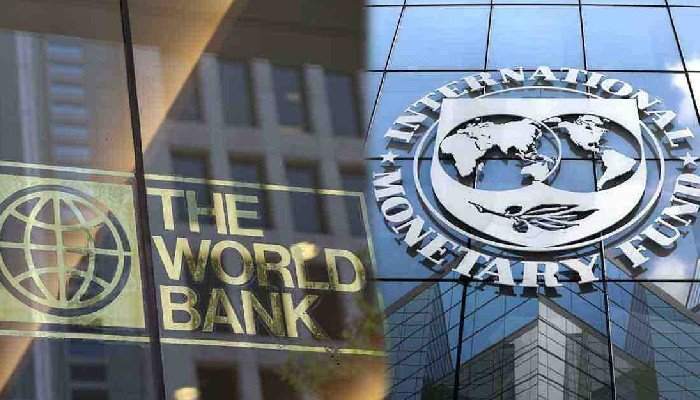ISLAMABAD: The International Monetary Fund and World Bank have ramped up their pressure on the Pakistan government to hike its power tariff with the beginning of next calendar year 2022.
In a recent interaction with top notches of the energy ministry, the World Bank linked its $1 billion credit loan for energy projects with an increase in power tariff from January 1, next year.
A senior official of the energy ministry, who was part of the meeting with the World Bank mission held in Islamabad on August 4, 2021, told The News, “And we, the authorities in Pakistan, have started guessing that the IMF will not extend its new installment unless and until the government increases the power tariff by Rs2.5-Rs3 per unit in one go or staggers it within the current financial year till June 30, 2022.”
“The IMF program of $6 billion is right now under suspension and there are clear indications that the Fund wants not less than the increase in power tariff from January 2022, which is one of the prerequisites to restore the program,” the official added.
In an interaction with the WB mission headed by its vice president for South Asia Hartwig Schfer on August 4, 2021, the Bank’s side kept insisting on whether the government will increase the power tariff or not from January or February, 2022.
The World Bank mission, however, was told that the prime minister was very sensitive to this issue and he was the final authority to make a decision on it, said the official.
The official also argued that the Power Division has never been allocated the subsidy on an actual basis to rein in the circular debt.
However, the Pakistani side this time didn’t commit that they will reduce the monthly flow in circular debt to zero at some point in time in the remaining two years of the incumbent regime. Earlier, the energy ministry leadership comprising then energy minister Omar Ayub Khan and then SAPM Nadeem Babar used to claim they would bring down the monthly flow in circular debt to zero by December 2020.
The official privy to the meeting with the World bank delegation said that the energy ministry was working on the revised Circular Debt Management Plan and briefed the visiting mission that as an integral part of the revised plan, the government wants to restructure or re-profile the next five-year debt service payments for power projects that were installed under the 2015 Power Policy, including CPEC projects.
The World Bank was also told that the government also wants to re-profile the debt servicing payments of public sector power plants – that is nuclear, hydro, RLNG and GENCOs. The EAD gets the loan at 2 percent from lenders and it re-lends to public sector organisations at 12-15 percent.
The government side also mentioned to the World Bank that the government wants to convert the power plants being run on imported coal to local coal. The already commissioned and under-construction 5,500MW imported coal-based IPPs (and Jamshoro-I) are to be converted to local coal from the existing Thar Blocks 1 & 2. The potential consumer tariff savings through economies of scale can be harnessed with the target of delivering the local coal at $30 per ton vis- a vis $50-60 per ton availability of imported coal to power houses.
“We heard you and you heard us but our demand is to increase the tariff from January 2022,” the World Bank side responded.

